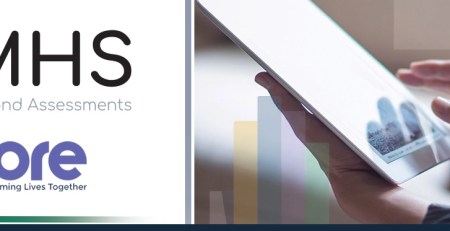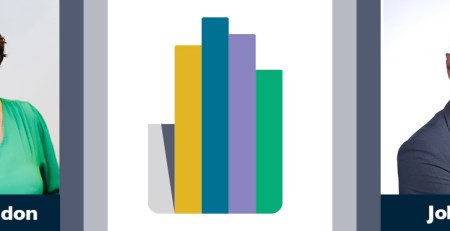What To Do When Someone Fakes Good On Self-Report Assessments
Imagine you’re hiring for a senior sales position and as part of your hiring process, you have candidates take a self-report assessment to get a better feel for their sales competencies and people skills. You have the assessment results for two candidates in front of you: one candidate has many strengths that are important to the role, but they also have some weaknesses that should be considered. The second candidate has scored off the charts on every scale measured, they seem almost too good to be true. Who’s the stronger candidate? Who’s telling the truth?
A major concern for professionals who are thinking of integrating assessments into their development or selection process, is that they’re easy to fake or manipulate to look like the stronger candidate. If you have limited/no knowledge of working with this person, it may be difficult to tell if they are faking the assessment or if they truly have these strengths. There are a few things that you can do to prevent false or inaccurate results before administering an assessment, and ways to check after if a person faked their results.
Before administering the assessment:
Whether the purpose of your assessment is selection, personal or professional development, it always helps to remind participants that they should be answering honestly, there are no right or wrong answers, and they should just be themselves. If an assessment is being used for development, then being honest will help them get the most out of the assessment. You can also remind them that their results on the assessment will not impact their job performance or employment status. And in a selection context, assessments are often used to get to know a person more, rather than eliminating a person from consideration. Providing them with more information often makes people feel more at ease when taking assessments and they will be more likely to give honest responses when you provide them with a safe environment to be honest.
When Looking at the Report:
Assessments like the EQ-i 2.0 and Pearman come with coach reports that provide additional details that can indicate if a person may have been faking the assessment. You can check the response distribution of the assessment to see if they only replied with the highest and lowest response options. Reports will also be flagged if similar questions are being responded to with different answers or if the participant completes the assessment too quickly.
The best way to tell if someone has a true strength versus if they are exaggerating their strengths is to follow up with them on their skills in a debrief or an interview. Ask them to provide examples of times when they used that skill as a strength or how they have demonstrated that skill.
If you are looking to be certified for MHS Talent Development assessments, we offer virtual certification here https://hubs.ly/H0qfrzp0. If you have any questions about our assessments or selection guide services, please contact us at [email protected].









